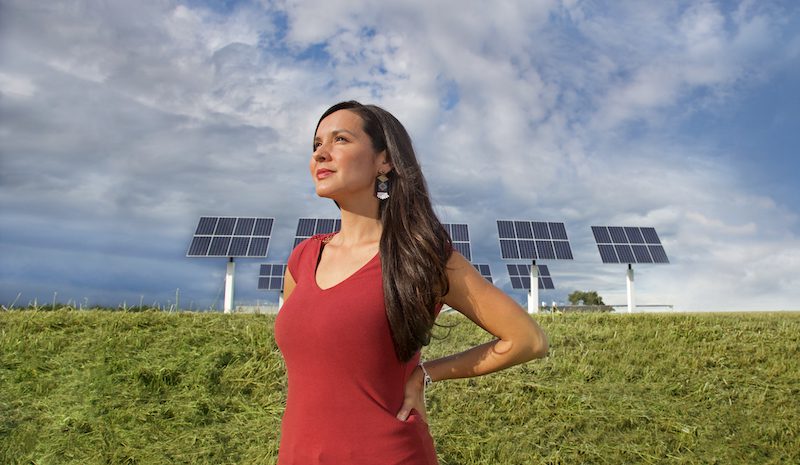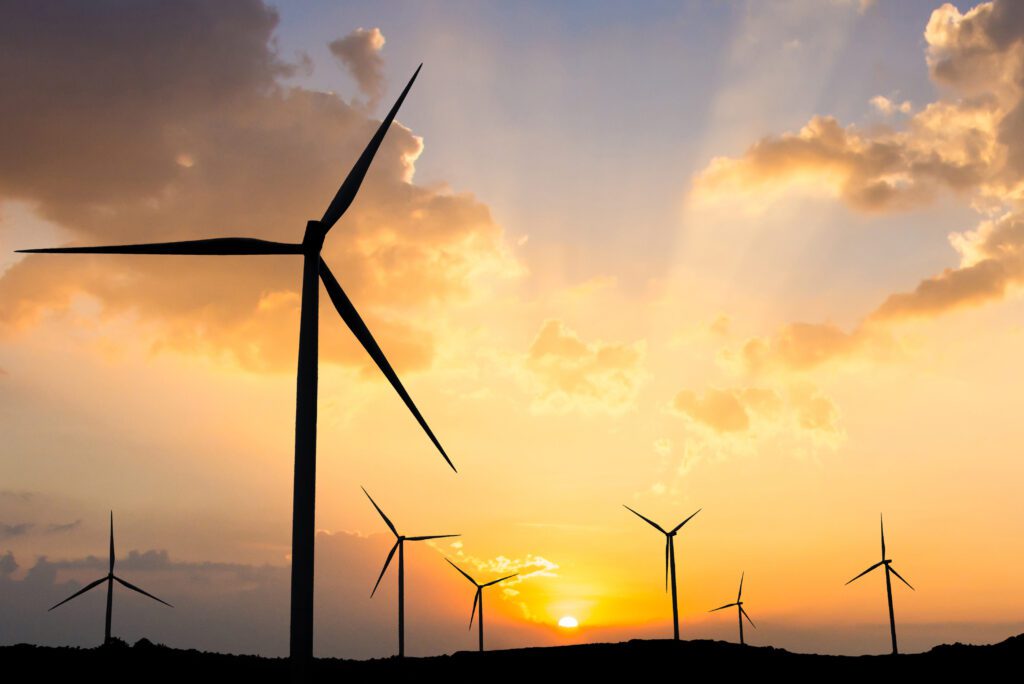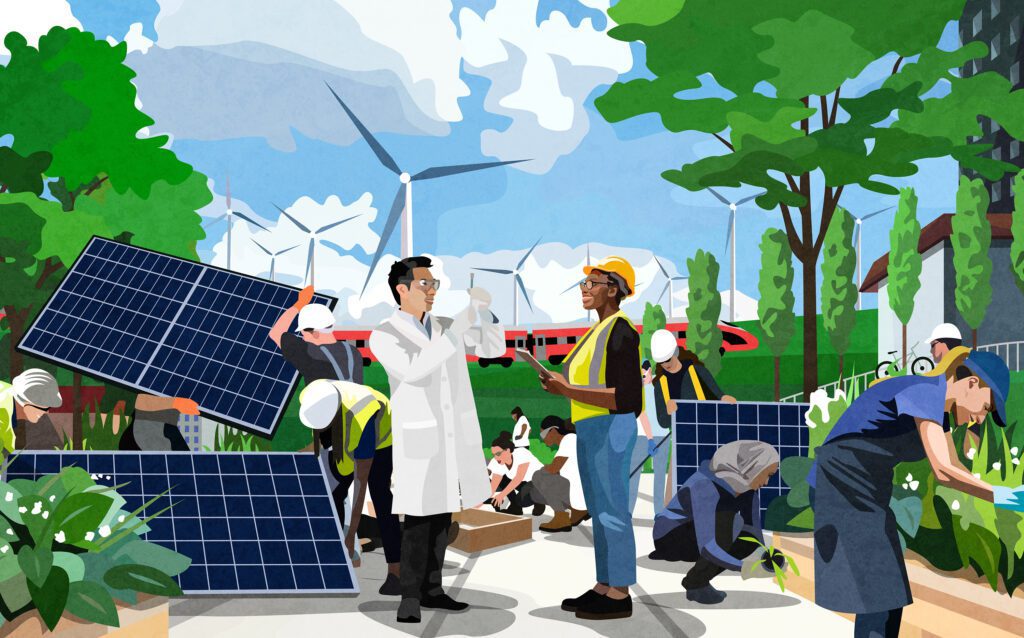2019 was a big year for environmental news. Here’s a quick recap:
UN scientists took off the gloves on their warnings to us about the risks of climate change. Greta Thunberg inspired millions of young people around the world to take to the streets to call for urgent climate action. Electric vehicles set new sales records and the costs of the batteries to power them fell to new lows. Ontarians rallied to stop the opening of the Greenbelt to sprawl. The federal government was re-elected on a mandate to address plastic pollution, reform our toxics law, and ramp up climate action. Meanwhile, the Ontario and Alberta governments rolled back environmental protections and efforts to stop climate change.
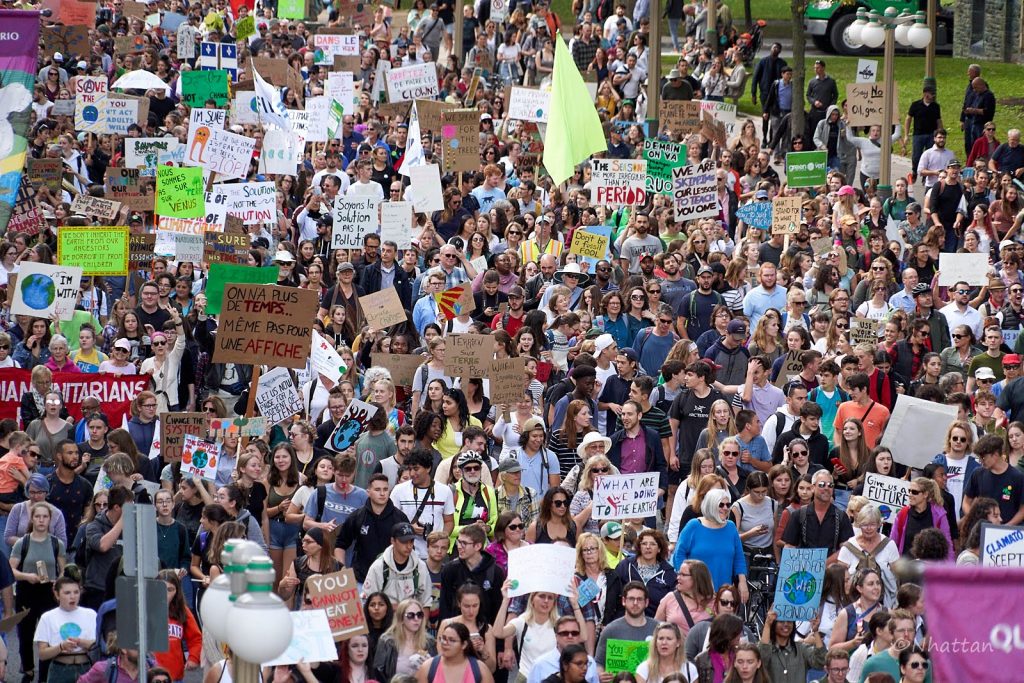

So with the year wrapping up, it’s now a good time to look ahead to what the New Year could bring. While I don’t have a crystal ball, I think we can expect some real progress in a few areas and still a lot of work that needs to be done in others.
Here’s our list of the Top 10 environmental stories (not listed in any particular order) that you might see in the news in 2020
1. More Wacky Weather across Canada and around the World
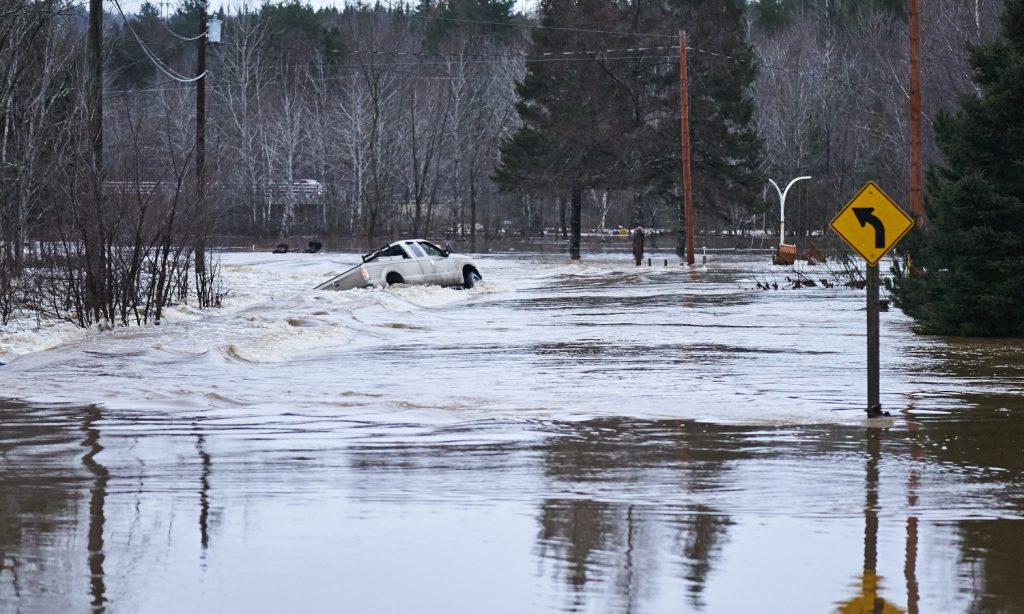

Our weather will get even weirder. Expect more heavy rainstorms and extreme drought—perhaps in the same place in the same year. As a result, there will be more floods, fires, and/or impacts to crops that will be felt by humans and economies. Look for people and governments to talk more about adapting to climate change. However, it will be important any efforts do not shift resources away from stopping it. Some ways to adapt to the change that is coming, and also enhance the storage of carbon, include protecting, enhancing, and restoring natural sources of resiliency such as wetlands, deltas, swamps and forests. Nature can stop flooding and drought much better and cheaper than we can with concrete and construction.
2. A shift towards renewables instead of nuclear energy
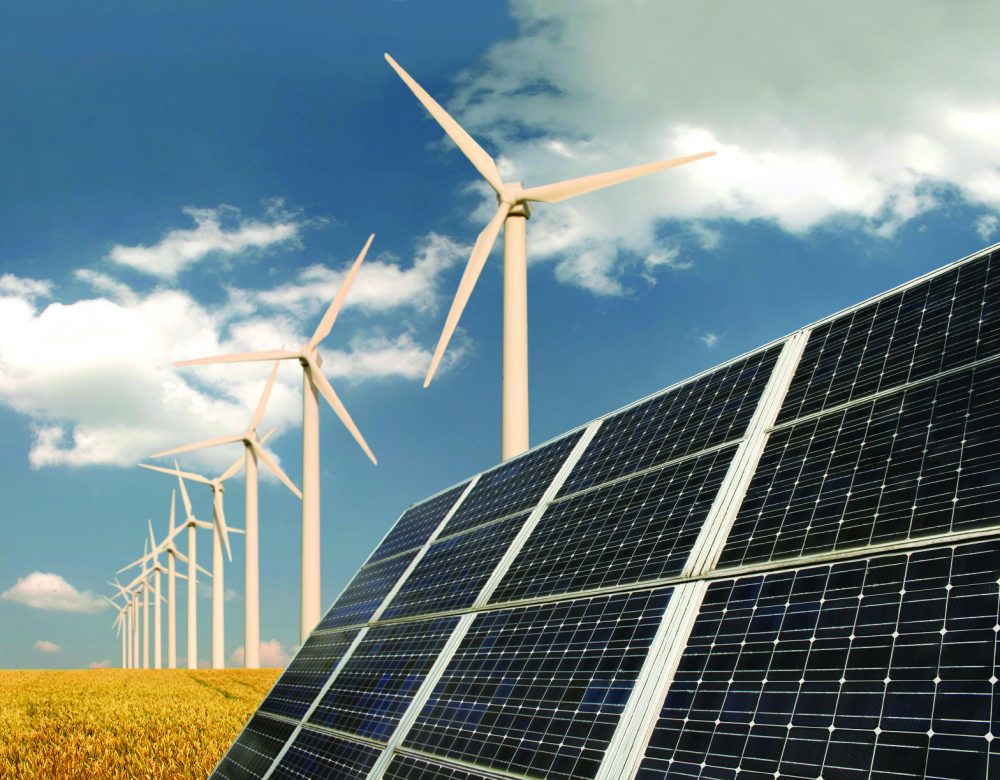

Provincial governments who want to distract the public from their lack of climate action will talk frequently and loudly about building new nuclear reactors. These reactors are dubbed as “small modular reactors.” They have not yet been approved for use anywhere in North America and will take years to get approvals and be built. In addition, we have seen that nuclear energy is expensive and produces long-lasting dangerous radioactive waste. The focus needs to stay on low-cost, high-reliability wind, solar and hydro. There also needs to be support for exciting new energy storage systems like what is being pioneered here in Ontario by Hydrostor .
3. Forests vs. the forest industry
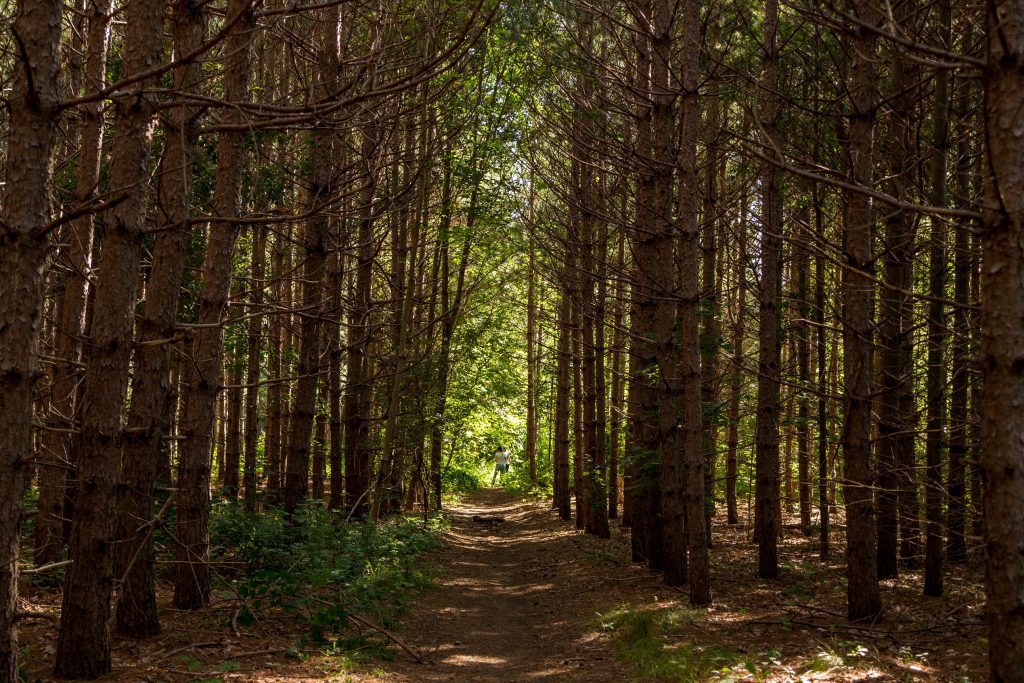

The federal government wants to meet a lot of Canada’s commitments to reduce emissions based on what happens in our massive forests. Some in the forest industry will argue that cutting down more forests faster to make pulp, paper, and lumber is the best approach to capture and store more carbon. Conservation groups and scientists will seek new rules to increase the amount of carbon stored in our forests and enhance wildlife habitat, watershed protection, and the ability of forests to resist the pressure of a rapidly changing climate.
4. Some politicians: “You gotta choose between the environment and national unity”


Some pro-oil and anti-climate action premiers will try to make Canadians believe that any action to reduce our production of oil and gas is anti-Alberta and Saskatchewan. They will also say that the only way to “save” Canada is to support fossil fuels. They will also paint groups that support climate action and resist fossil fuel expansion, like Environmental Defence, as enemies of Canada.
The reality is that climate change threatens all Canadians. Our governments need to take urgent and meaningful action to reduce emissions and support new industries that can employ people who currently work in the oil and gas industries. Environmental Defence will lead this discussion through our involvement in groups like BlueGreen Canada and its programs to support a Just Transition for workers. That is leadership for our times.
5. Sprawl is back in Ontario and people are not happy
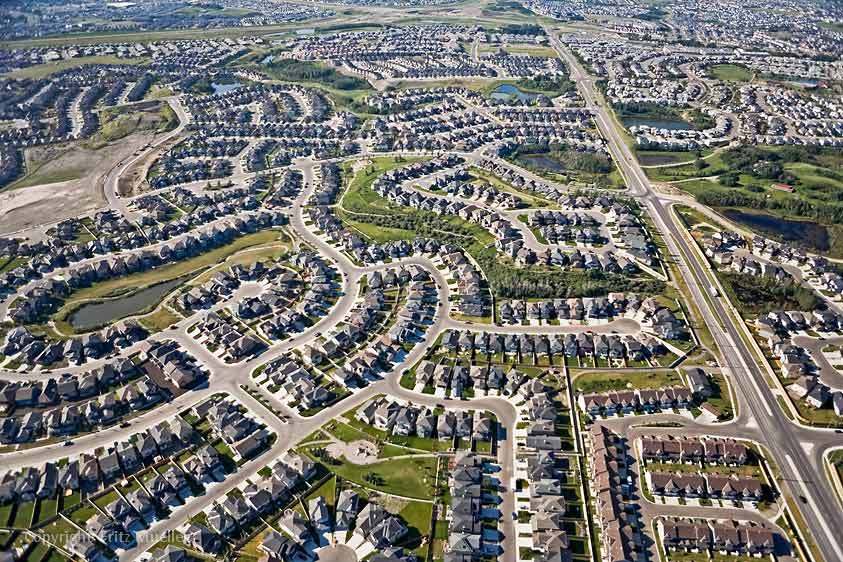

The Ontario government has made massive changes to laws and rules that guide how our cities and towns grow. Gone is a focus on providing new housing within existing cities and keeping it out of farmland and natural areas. In its place are 1970s-era directives to allow boundaries to expand whenever a developer wants.
There’s also a new focus on building new 400 series highways like the 413 and 404-400 connector. These highways would perpetuate sprawl, increase car dependency and destroy natural areas. Expect strong public pushback as part of a joint Ontario-wide effort called Ontario Not for Sale.
6. If Canadian political parties want votes, they need to have climate plans
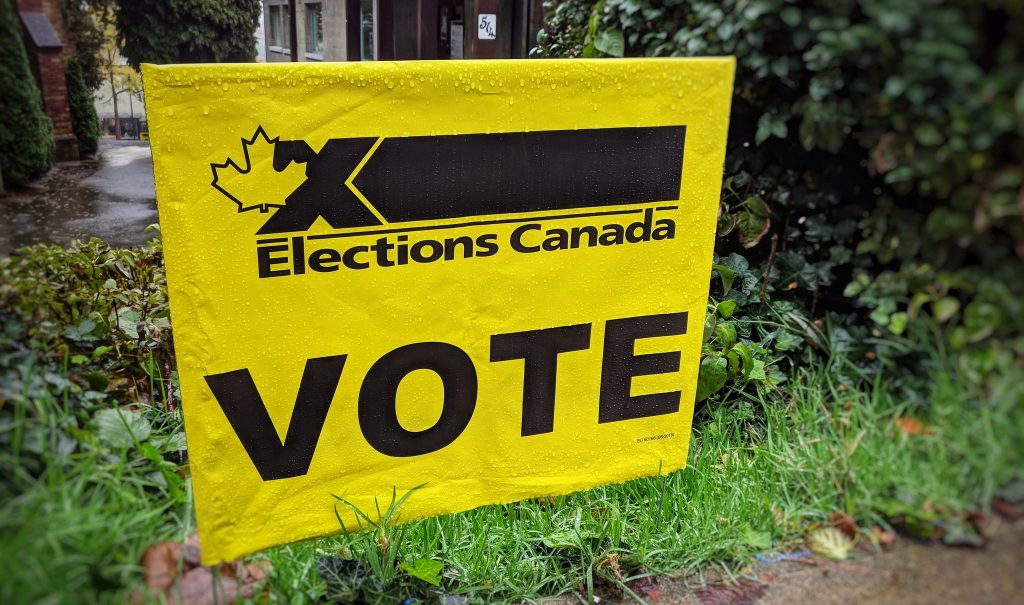

Political parties will wake-up to the fact that most Canadians won’t vote for a party that does not have a credible environment plan. After a few failed efforts to fool the public with fancy but largely content-free environmental plans, politicians of all stripes will insist that their party leaders offer something meaningful in terms of environmental policy commitments.
7. A new national law to protect us from toxics


The federal government will finally introduce new legislation to protect Canadians from toxic chemicals like BPA, phthalates, formaldehyde, and the dry cleaning chemical PERC. This will present a huge opportunity to about talk the need to prove that a chemical is safe before it’s used. Canada can also look to other countries for best practices on how to eliminate chemicals that have found to be dangerous to human health and the environment.
8. Hasta la vista single-use plastics
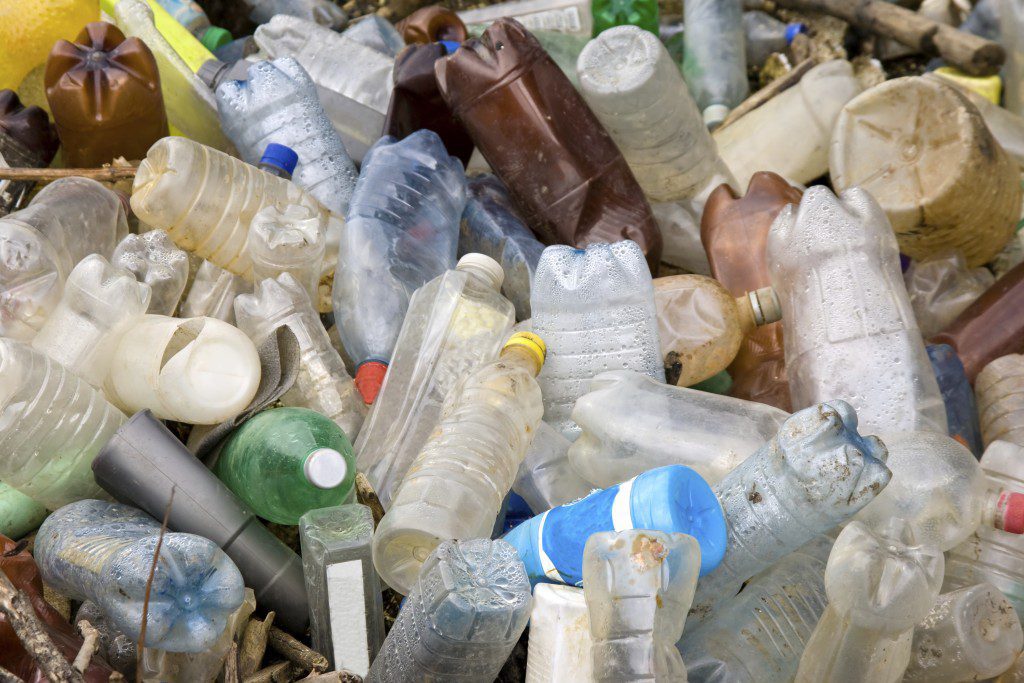

A federal ban on single-use plastics that cannot be properly collected and recycled will finally take shape this year. Expect to see a federal science assessment that supports why this action is necessary. It will also set the stage for a push toward a new Extended Producer Responsibility program. This program will require higher rates of collection and recycling paid for by the companies that produce plastic products. These programs could include a deposit return program for plastic bottles in Ontario, similar to the ones in B.C., Alberta, and many other places in Canada.
9. Ontario communities mobilize to fight back against attacks on their local environment
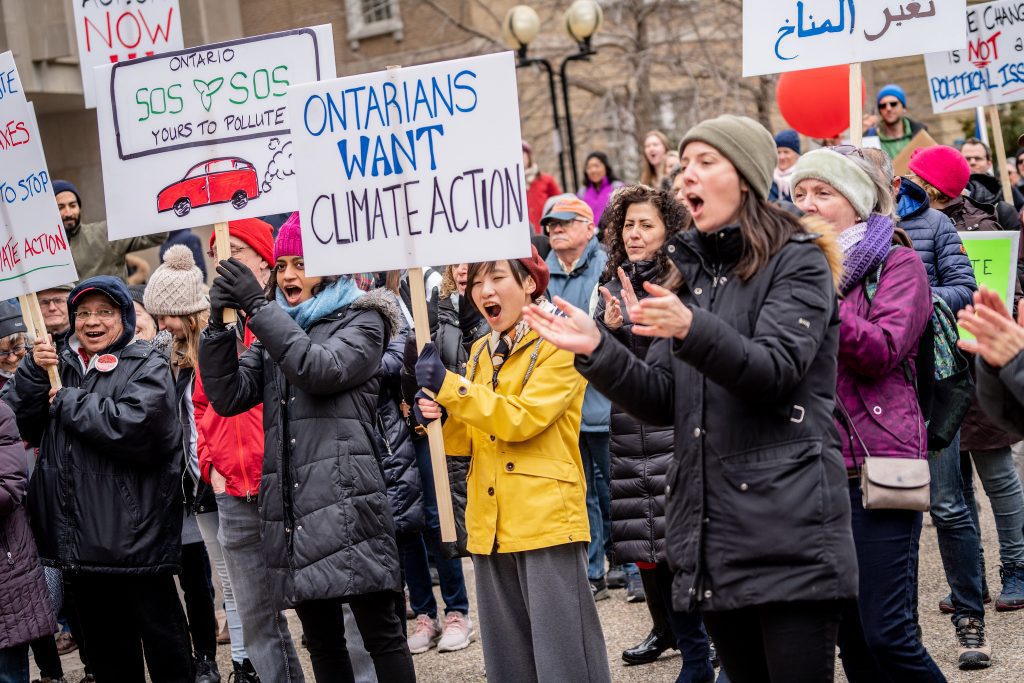

The Ontario government’s regressive changes to environmental laws and policies over the past year will be felt on the ground where people live. There are already a few examples of this: 1) a proposed new 400 series highway that would cut through farms and forests in the southern portion of the Greenbelt; 2) a new fracked natural gas pipeline planned to cut through one of southern Ontario’s best and largest remaining wetlands; 3) a new well that would take precious ground water for plastic water bottles by Nestlé and; 4) plans to build a huge quarry in endangered turtle habitat.
We can expect to see community members rallying to stop developments that threaten their forests, farms, air quality and water supplies. Also, there will be pressure on MPPs to stop these projects and calls for a re-set on the Ontario government’s hostility to our environment.
10. More investments in a cleaner economy
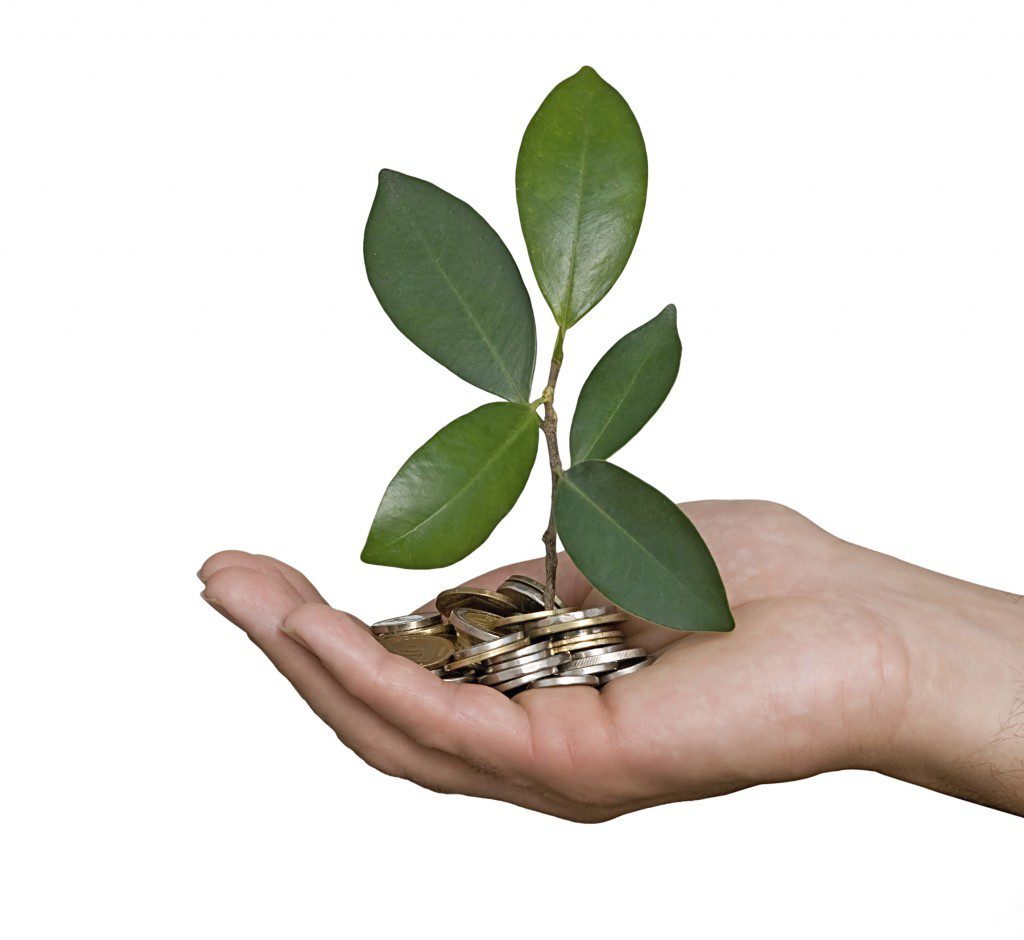

Pipeline and fossil fuel projects like Teck Resources tar sands mine, TMX, and Keystone XL will still be in the news in 2020. They will be important symbols of the fight to stop fossil fuel expansion. Other stories will emerge about banks, pension funds, and insurance companies abandoning their investments in these projects. Also, governments around the world will adopt programs to scale back and cancel subsidies to fossil fuels. Instead, they will move their investments to critical areas to help transition our economy toward a cleaner future.
As you can see, 2020 is going to be a very exciting year on the environmental front. Looking ahead, all of us at Environmental Defence have a lot that we want to accomplish (take a look at our wish list). And with your help, we can make it happen. This holiday season, please consider making a tax-deductible gift to support our work.




